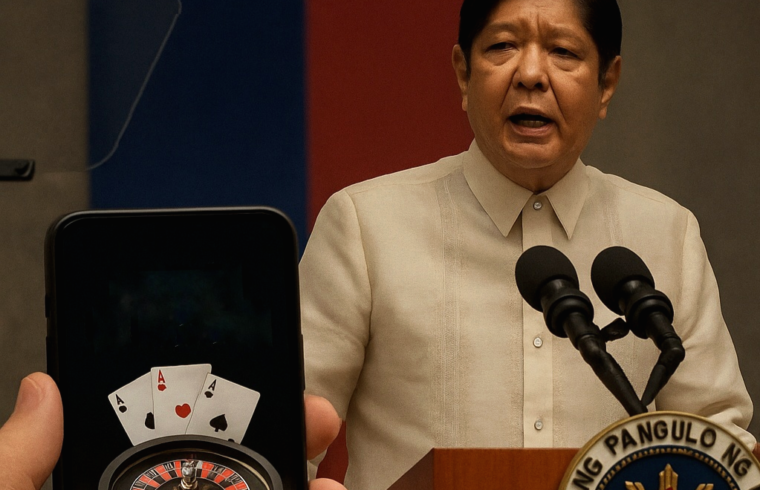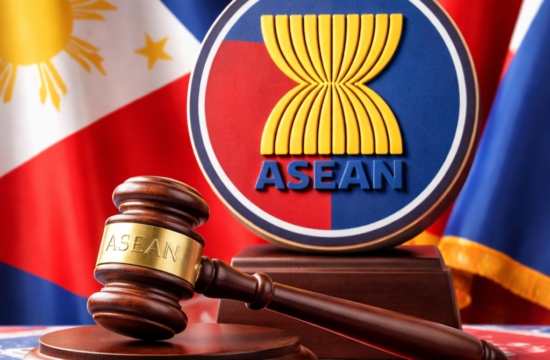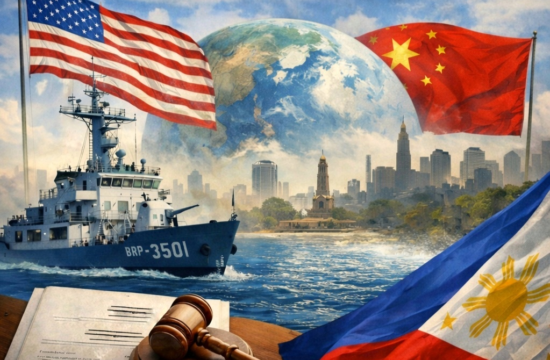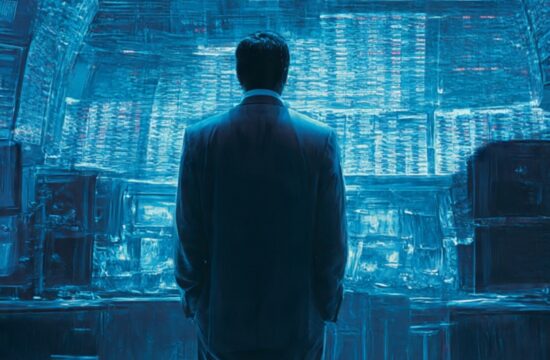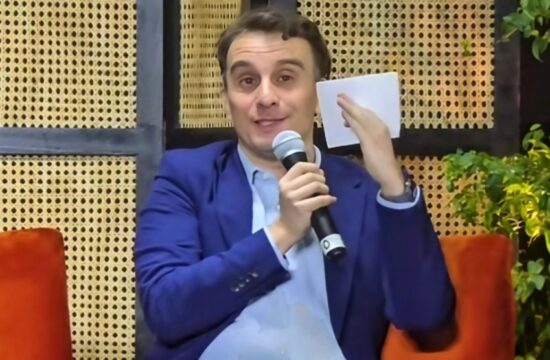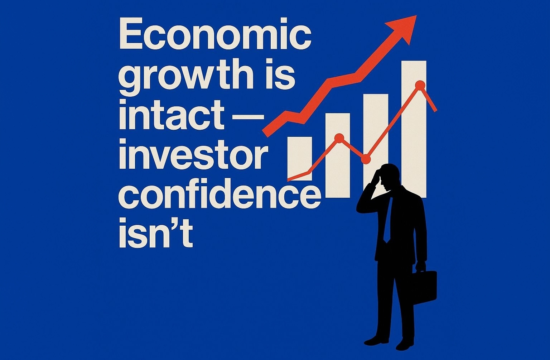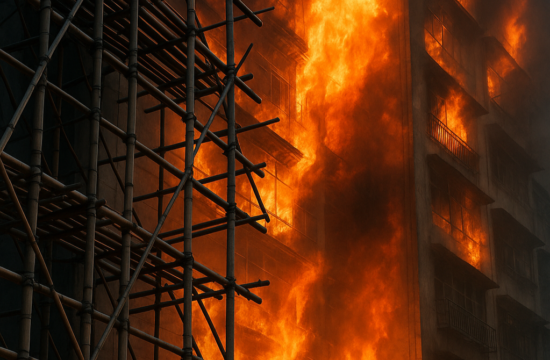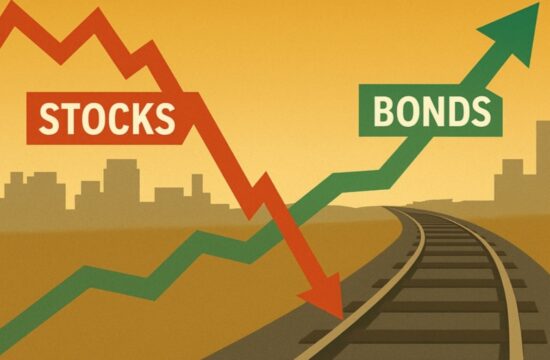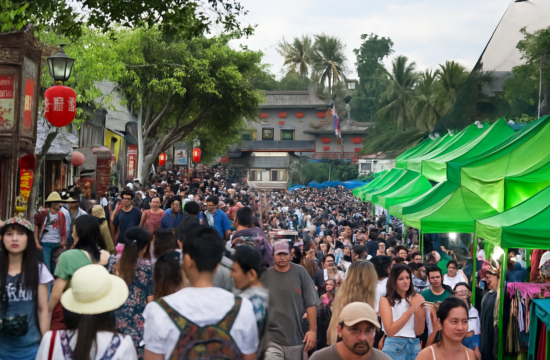It opened with familiar rhetoric — and ended with a war on vice.
But the most consequential line in President Ferdinand Marcos Jr.’s third State of the Nation Address (SONA) wasn’t about inflation, infrastructure, or geopolitics. It was a blunt, unexpected decree: “Effective today, all POGOs are banned.”
The room erupted. “BBM, BBM, BBM,” chanted his congressional allies. But beyond the theatrics, the president’s decision to shut down Philippine offshore gaming operators (POGOs) stood out as a clear and firm move in a presidency more often marked by pragmatism and political compromise.
Marcos accused POGOs of disguising themselves as “legitimate agencies,” while facilitating a laundry list of crimes: money laundering, financial scams, prostitution, human trafficking — even murder. “Kailangan na itigil ang panggugulo nito sa ating lipunan at paglalapastangan sa ating bansa,” he said — it’s time to stop these social disruptions and desecrations of our country.
The president’s rhetoric then was bold. And with his fourth SONA scheduled for July 28, a growing chorus is now asking: Will he go further — and ban online gambling entirely?
If so, it would be a seismic political statement.
The online gambling industry, encompassing everything from digital casinos to mobile sports betting, has quietly entrenched itself into the daily lives of Filipinos. It’s a multi-billion-peso sector. Yet its social cost — mounting debts, broken homes, criminal syndicates — has become harder to ignore.
Officially, the Palace remains in deliberation. Executive Secretary Lucas Bersamin told reporters this month that the president has not issued any directive on online gambling, adding that the administration is still assessing its overall impact.
But the trajectory is clear. In recent years, the Marcos government has walked back its previous tolerance of online vice: E-sabong — virtual cockfighting — was banned in 2022 following a string of disappearances and mounting public outrage. POGOs, once touted as a legitimate revenue stream, were denounced from the rostrum of Congress itself.
The rationale? As always, the economic argument is losing to the moral one.
Marcos knows the damage: reports of Chinese nationals tortured in POGO facilities, underpaid workers lured with false job offers, entire communities transformed into criminal enclaves. Even before the ban, police raided dozens of POGO hubs operating illicitly under PAGCOR licenses.
Which raises the question: If he could take down POGOs, what’s stopping him from dismantling the entire online gambling ecosystem?
To be clear, such a move would not be without risk. Online gambling remains a significant source of revenue — both officially through taxes and unofficially via campaign contributions. Any decision to end it would antagonize powerful business interests, not to mention risk backlash from the millions of users who view it as harmless entertainment or an economic lifeline.
Yet the president may be calculating that this is a gamble worth taking.
A full ban would align him with faith-based groups, anti-crime advocates, and a growing bloc of middle-class Filipinos frustrated by the normalization of digital vice. It could also shape his legacy beyond that of a technocrat — as a leader seeking to balance national dignity with economic considerations.
Make no mistake: the lobbying from gambling firms is intense. But if last year’s SONA proved anything, it’s that the president is willing to defy expectations.
If Marcos means to lead — not merely react — then banning online gambling isn’t just possible; it’s a test of his political will.
And on July 28, the nation will be watching to see if he pulls the trigger.

